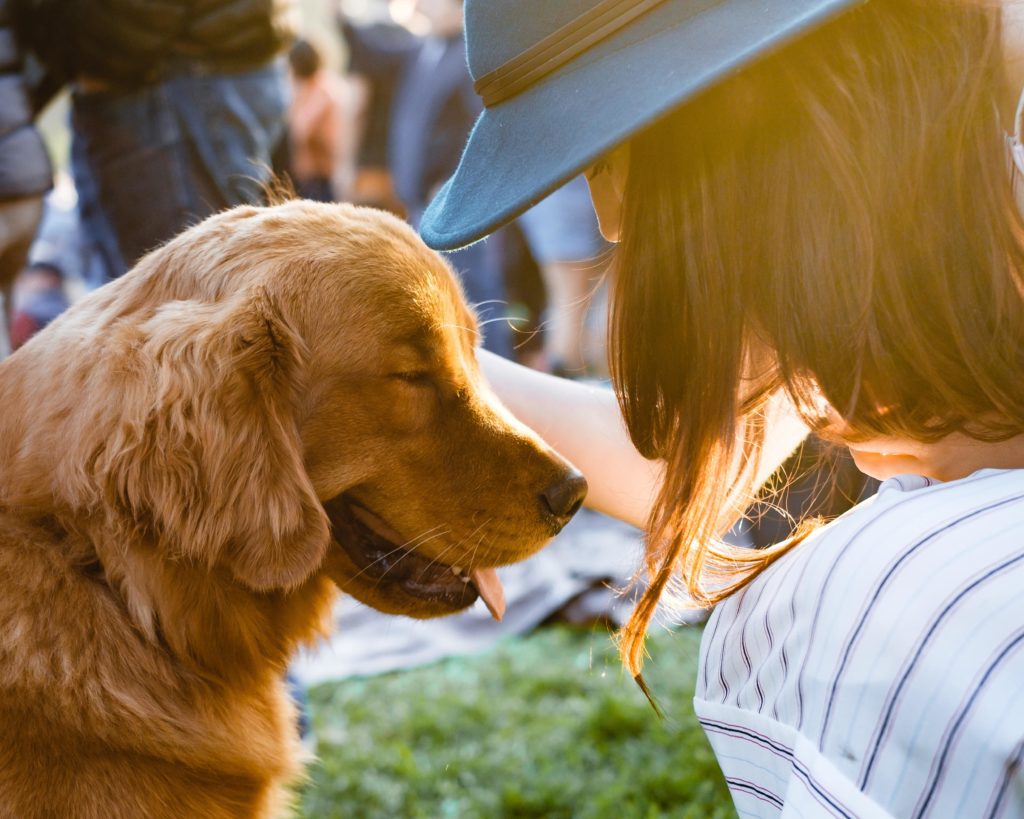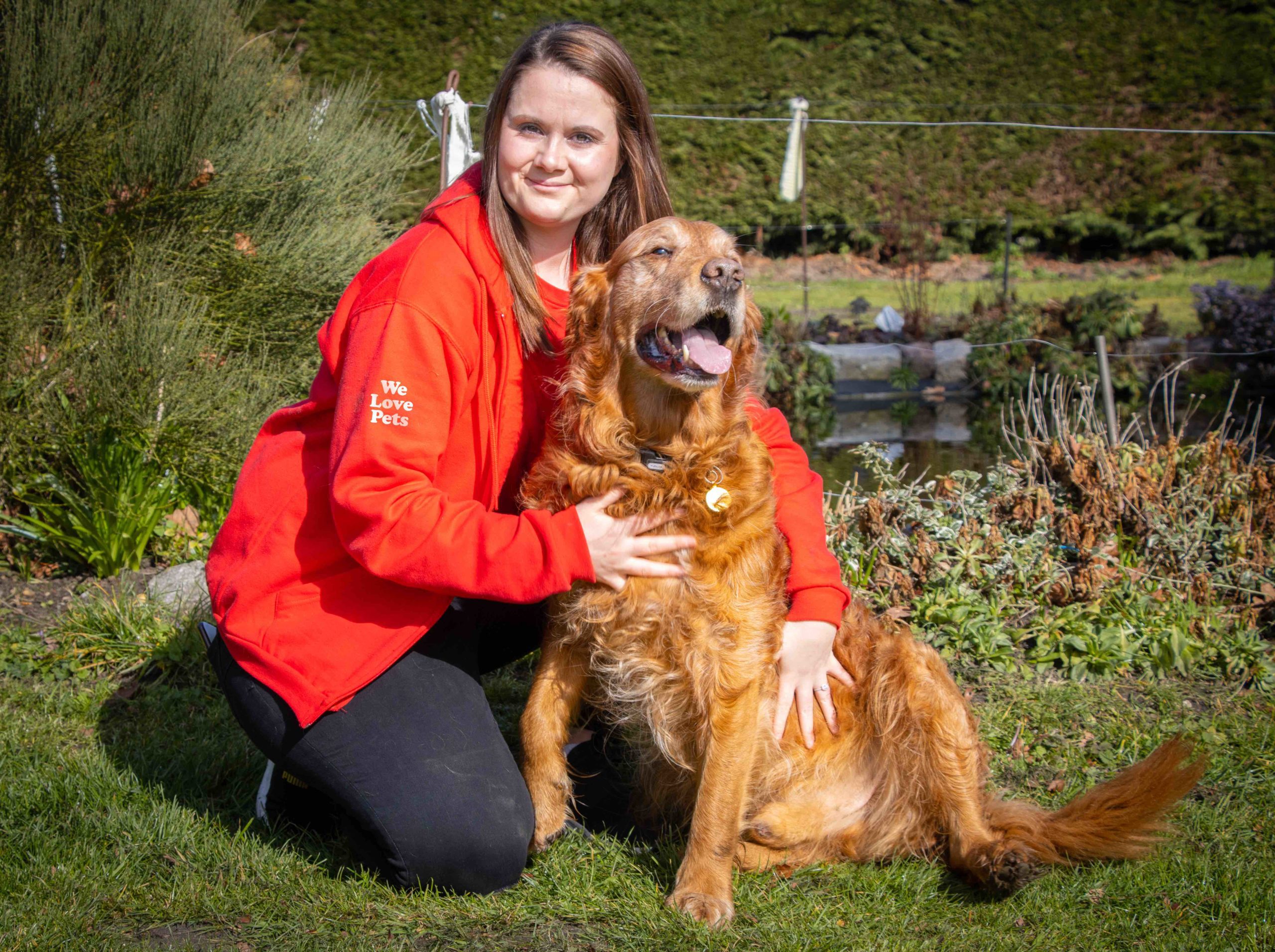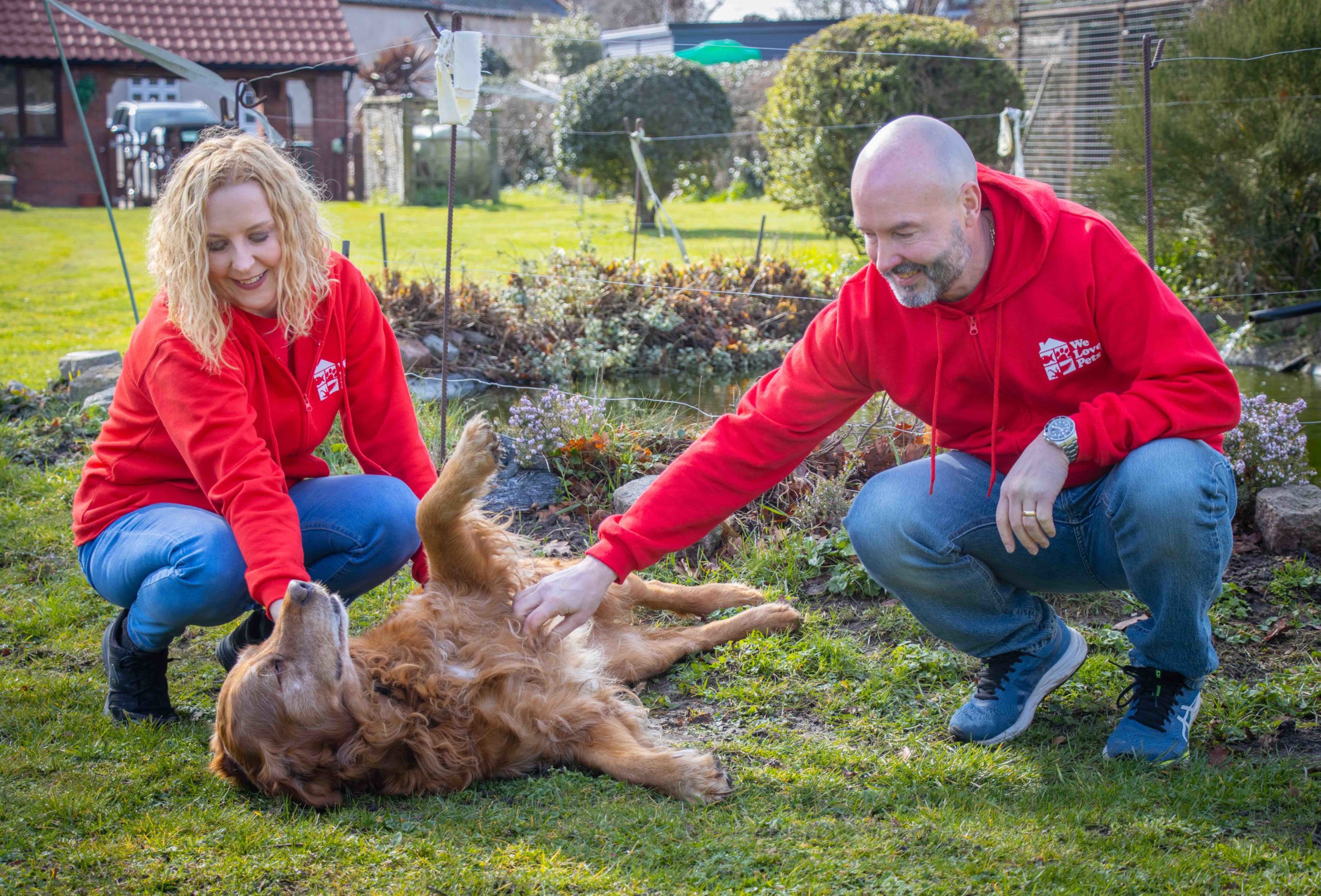There is dog specific legislation that all dog owners need to be mindful of and adhere to. Most are in place to protect not only the animals but owners and other members of the public too.
How many were you aware of?
Picking up after your dog
Always pick up after your dog and dispose of poo responsibly. My local council has stickers on bins saying that ‘there is no such thing as a poop pick up fairy!’. Dog faeces can contain worms and parasites that can contaminate the grass that livestock eat. Neosporosis in particular can cause livestock to miscarry. The Dog Fouling Act of 2016 places responsibility on the ‘person in charge of the dog at the time of the fouling’ and all dog walkers with We Love Pets take this very seriously.
Dog poo is also a public health risk for humans particularly children playing in recreational areas where dogs are also walked. A £50-£80 on the spot fine can be issued and prices vary from council to council ranging up to over £1000!
The Countryside Code for dog owners
The Protection of Livestock Act 1953 states that it is legal for a farmer to shoot a dog that is worrying his livestock so keeping a dog under control at all times is essential, and keeping it on a lead near livestock is a must.
The livestock act covers cows, sheep, pigs, horses, chickens, geese and goats. However, more and more people are rearing such species as Llamas and Alpacas in this country that were not really seen in the UK in 1953! The Act does not cover domestic pets such as cats or wild game birds. The Act applies to any person who is walking or in control of a dog whether they are the owner or not.
Approximately 15,000 sheep were killed by dogs in 2016. 40% of dog attacks on sheep were carried out by straying or unaccompanied dogs. According to the National Sheep Association, 57% of sheep worrying occurs on privately enclosed fields with no permitted access for dog walkers. The public right of way applies only to the footpath through the field, not to the whole field and so does not give people the right to wander the wider area.
Third party liability insurance is not a legal requirement but certainly advisable should your dog cause damage or run out in the road and cause a road traffic accident. Third party liability is usually covered in all basic pet insurance policies along with an amount of vet fee cover, check your cover when you get a moment.
Dog Collars
All dogs in public must wear a collar with a tag that has the owners name, address and postcode. It is not advised to put the dog’s name as this is something that would help any potential dog thieves to communicate with the dog. Phone numbers are optional and helpful but not needed by law.
Microchipping
All dogs in the UK by law have to be microchipped by the time they are 8 weeks old. The only exception to the rule is that dogs bred for working purposes, eg gun dogs must be chipped by the time they are 12 weeks old.
The details of the microchip initially will be the details of the breeder as at 8 weeks old the puppy will have only just reached an age where it is old enough to leave its mother. When the puppy goes to its permanent home and new owner the details held with the chip must be updated from the breeders to the owner’s details. There is a 21-day rule stating that new owners have 21 days from the time of ownership passes to them to make these changes with the microchip database. Changing the details costs a small fee.
Are your pet’s details up to date? Contact your vet to find out if they have the right information.
Restraining your dog to travel in the car
Restraining your dog in the car for travelling can be done by having a dog guard separating the dog in the boot of the car to passengers in the front and back seat.
Using a dog harness/ seatbelt which attaches to the cars existing seatbelt fittings. The harness goes around the neck and chest of the dog. Any harness should be padded sufficiently to cushion the effects of restraint. Dog booster seats are also available for smaller breeds.
Use a dog crate if you have enough room and it is big enough to allow your dog to sit up and stretch to travel comfortably
Rule 57 of the Highway Code states:
‘When in a vehicle make sure dogs or other animals are suitably restrained so they cannot distract you while you are driving or injure you, or themselves, if you stop quickly: A seat belt, harness, pet carrier, dog cage or dog guard are ways of restraining animals in cars’.
Disobeying Rule 57 of the Highway Code doesn’t necessarily mean you will receive a penalty, the police, however, could pull you over and charge you with driving without due care and attention which carries a maximum fine of £2500 and nine penalty points!
Driving with an unrestrained dog in the car could also invalidate your car insurance.
How many of these did you already know?
Sophie
Vet Nurse and Stroud & Tetbury Branch Owner




